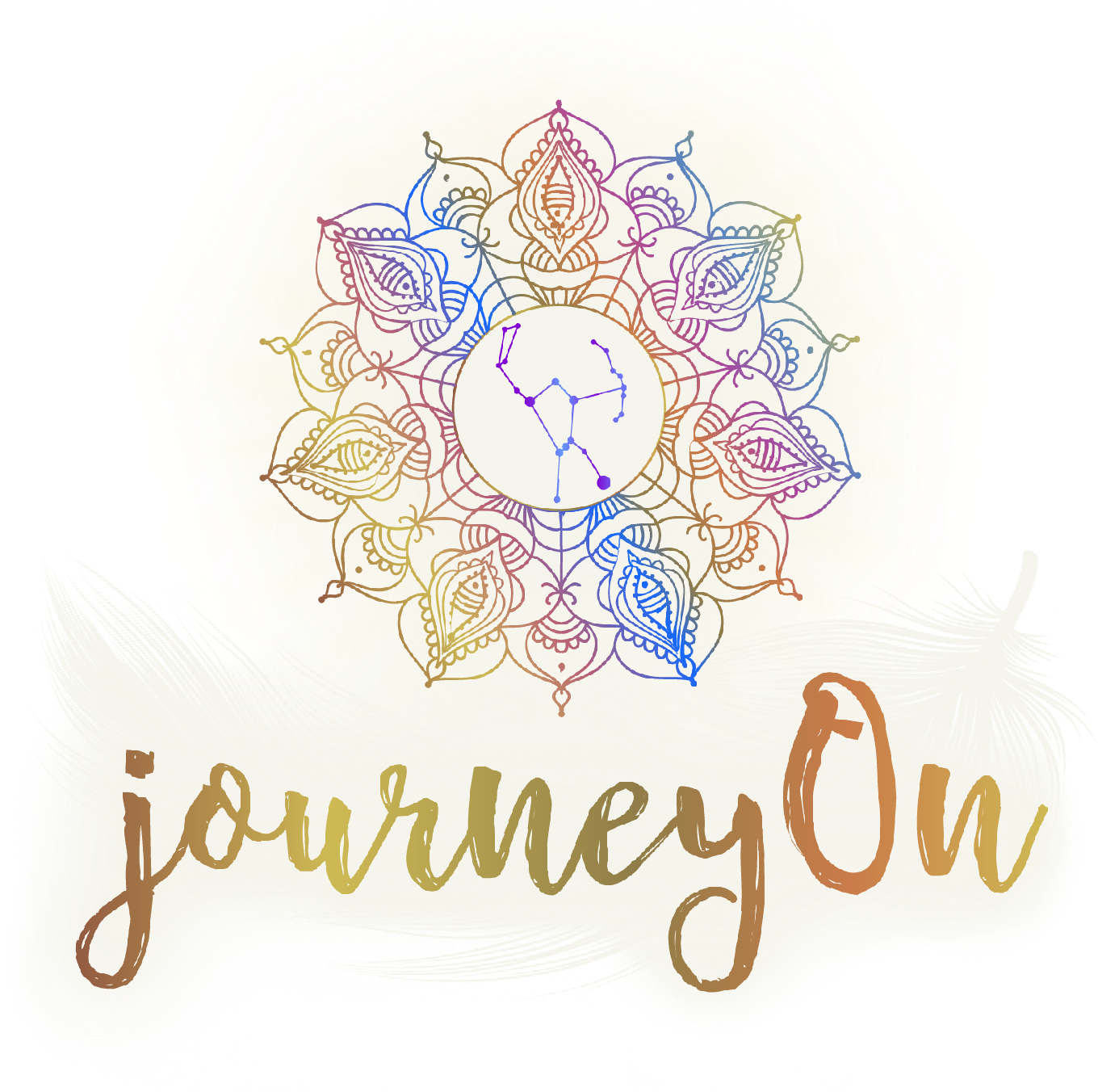Hi, welcome to JourneyOn Coaching, this is our blog where we get to share various thoughts, perspectives, tools, and experiences with you, all pertaining to relationship coaching.
My name is Kiley, I am a head coach and co-owner, and I’m a master at self compassion. The tool in this article is one I came up with as a natural outcome of my recent experience coaching one of my clients to care less about what others think of her.
Okay, here it is, I hope you enjoy it 🙂
The Basic Practice:
Have you ever noticed yourself begin a sentence with “I should…”, “I shouldn’t…”, “I have to…”, or “I need to…”?
Most of the time, when we begin sentences like this, we are actually sending ourselves a subtle but very real poison dart of self-criticism…if we “should” do it, we’re likely disappointed in ourselves for not already having done it, or for not actually wanting to.
Here’s the tool. It’s super simple. When you notice yourself saying “should”, pause, and reframe the sentence:
- Translate should / have to / need to with want / could / get to
- “Should” implies obligation
- “Want” implies desire
- “Could” implies options and choice
- “Get to” implies gratitude and opportunity
Example:
“I should be nicer to myself” -> Translate that to “I want to be nicer to myself”, or “I could be nicer to myself”. Do you feel the difference in energy you experience as you simply read those different sentences? The latter options are simply kinder and just as, if not more accurate. They’re invitational rather than condemning. Practicing speaking to yourself like this, over time, can help you shift from negative self talk to positive, more encouraging self talk. This is something that’s at the core of having a more compassionate relationship with yourself.
Advanced Practice:
But what if it’s not that simple? What if, when you do the initial translation and it doesn’t feel true? You may think that the tool isn’t working, but in fact, it’s working like magic. You’ve found that you’re not motivating yourself with an actual desire. So, here’s the trick, keep digging into the “should” until you find a genuine desire underneath. You may even find something surprising that you didn’t know you were motivated by, like wanting someones approval, or wanting to be seen a certain way.
A simple example:
“I should mow the lawn” -> “I want to mow the lawn”…. Actually, no I don’t. I’m tired, it’s hot out, whatever it is. Don’t give up, dig deeper. Well, what do I actually want regarding the lawn? I want to see those perfectly straight lines, I want to relax in the backyard with a drink later this evening, I want to enjoy the smell of cut grass. Okay, now we’re getting somewhere, now you can motivate yourself to mow the lawn from a place of genuine desire rather than from a place of obligation.
A juicier example:
“I should go home for Christmas, my family will be disappointed if I don’t” -> “I want to go home for Christmas…” Actually, no I don’t. Don’t give up, dig deeper. What do I want? I want to feel connected to my family. Well, is there a way I could accomplish that even if I don’t go home for Christmas? You can then at least brainstorm or consider alternatives that align more with your genuine desire.
Taking it one layer deeper:
Christy and I are both trained in Internal Family Systems, a new therapeutic technique that cultivates deep self understanding and compassion. Notice as I’ve described this tool, I’ve use the word “translate” rather than “replace”. This comes from the idea that our self critic / self judge is actually trying to help motivate us and simply using really harsh language to do so (like should). If you translate should into want, it acknowledges that original intention. So by understanding that this is simply a translation is a nuanced way of sending a message of self love / acceptance / respect to a part of ourselves that we tend to really not like (our self critic, for example). The path of making peace with our inner critic is an archetypal journey we all embark on and this tool can aid in that journey.
Practicing this tool will undoubtedly get you closer to your truth and help you be more honest with and kinder to yourself, uncover your genuine desires, and help you motivate yourself authentically. Try it, see where it takes you 🙂
